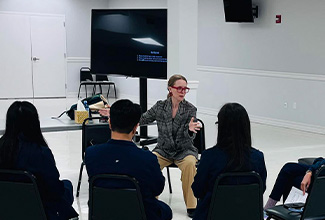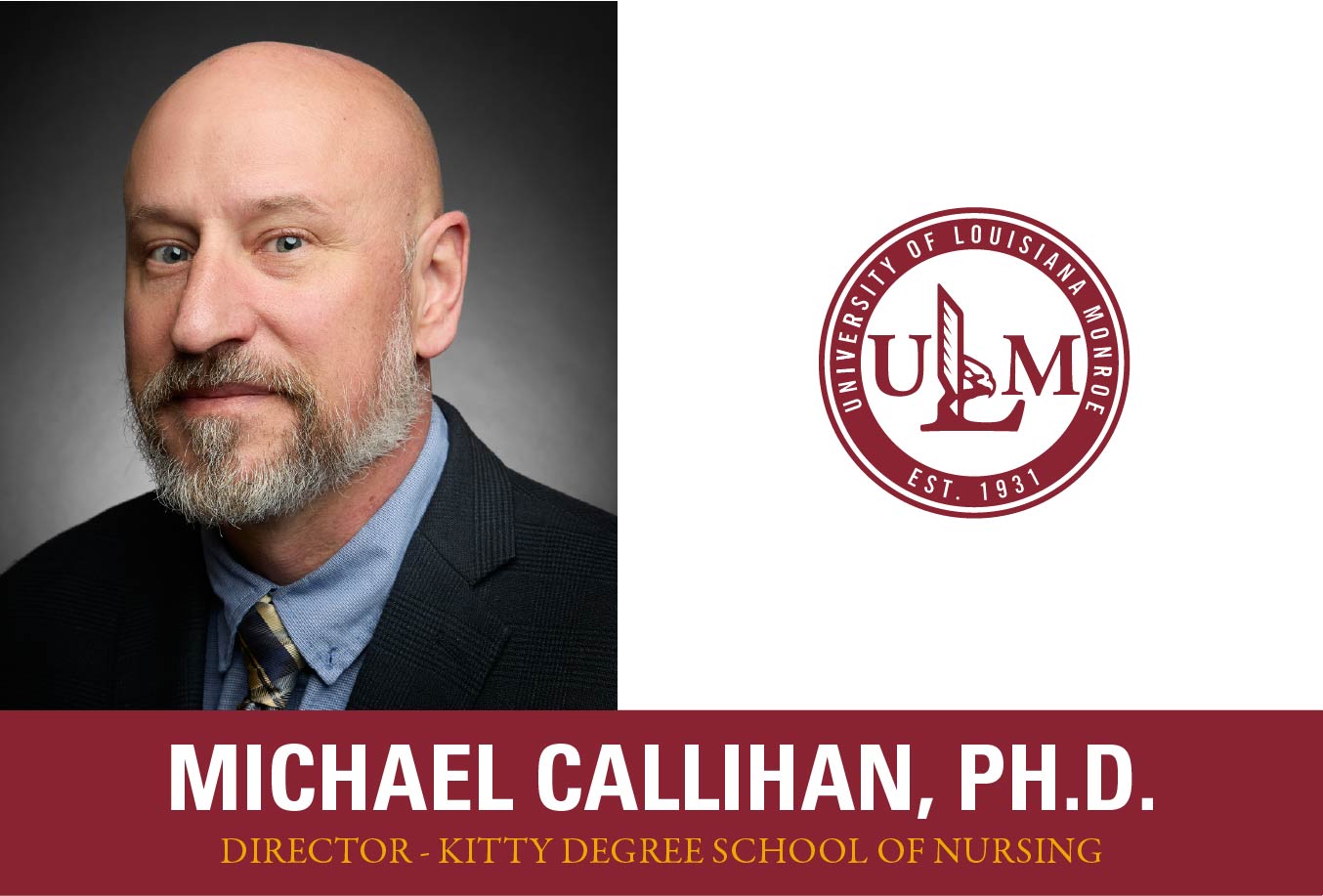


The Profession of Radiologic Technology is one of the youngest and most exciting of the health career fields. Radiologic services are utilized by almost every branch of medicine. Radiologic Technology is the health profession concerned with the art and science of producing radiographs. As part of the radiology team, the technologist uses radiation to produce images of the internal structures of the body. The technologist often supplies the information upon which the medical practitioner bases the diagnosis of disease.
Radiologic Technologists: produce quality images of human tissues, organs, bones and vessels using imaging equipment. They play a very important role on the medical team by providing essential imaging to the radiologist, a physician who has specialized training in the use of radiographs for diagnosis and treatment.
The Radiologic Technology Program is administered by the Radiologic Technology Department of the College of Health and Pharmaceutical Sciences. The curriculum is composed of two segments; pre-professional and professional Radiologic Technology. Pre-Radiologic Technology is concerned with instruction in general education and basic physical and biological sciences. The professional program is concerned with instruction in professional Radiologic Technology and related courses to prepare the student for professional practice. ULM is associated with several area hospitals at which students obtain their clinical education.
Making sure your program is the right financial investment is an important part of the search process.
COST & FINANCINGIn the radiologic technology program, you begin real-world clinical training your junior year at one of our eight affiliate partner institutions, including major hospitals and private imaging offices.
Rotations at various affiliate settings throughout the program provide a wide breadth of clinical experience, preparing you for immediate success in your career.
As a radiologic technologists, you have the opportunity to further your education by earning certificates in specialized fields of radiology such as mammography, magnetic resonance imaging (MRI), ultrasound imaging, forensics and nuclear medicine.
100% of graduates of our Radiologic Technology Program enjoy job placement within 12 months of graduation.
The best program in the state of Louisiana.
The Radiologic Technology Department at ULM is currently housed on the third floor of Kitty Degree Hall. Our facilities include two x-ray laboratories which house a Computed Radiography (CR) System, a Conventional Film/Screen System, a darkroom with operating processor, a C-Arm, and two learning labs. These on-campus operational laboratories equipped with both state of the art and conventional technology permit optimum use by students and provide learning opportunities not available in the classroom environment.
In addition to the on-campus facilities, students rotate through multiple clinical sites in the area. These clinical sites utilize the latest technology in diagnostic radiography equipment. Machines used in the different specialty areas, such as Computed Tomography (CT) and MRI for example, are also state of the art. Every student has the opportunity to rotate through these specialty areas. This experience helps students decided if they want to further their education to become certified in a particular specialty area.
The U.S. Bureau of Labor Statistics predicts that employment for radiologic technologists will continue to grow by as much as 21% through 2022.
Career Opportunities:
The profession of Radiologic Technology is expanding rapidly and offers a wide range of employment opportunities. Technologists are employed in hospitals, physician's offices, clinics, and public health and educational facilities. The demand for qualified individuals with a B.S. degree remains strong in the profession.
A 4-year degree provides advancement potential beyond radiographs. With a bachelor's, it's much easier to become a lead technologist, healthcare administrator, equipment sales manager, or clinical instructor. A bachelor degree from ULM also allows graduates to apply professional schools while gaining experience in the medical field.
Technologists practice in diagnostic radiology, Ultrasound (US)*, cardiac laboratories (special procedures), Magnetic Resonance Imaging (MRI), Computerized Tomography (CT), Mammography, Nuclear Medicine (NM)*, and Radiation Therapy (RT)*. * requires additional formal certifications






The Student Radiologic Technology Association is the professional organization for Radiologic Technologist majors. As an organization we participate in numerous community service events as well as on campus activities through out the semester. We work hard to help in not only the advancement of our campus at ULM, but the advancement of Radiological Technology as a whole.
Lambda Nu is the Radiologic and Imaging Sciences National Honor Society. This chapter is for the ULM Radiologic Technology Program's exemplary professional students.
The purpose of this Chapter is to:
• foster academic scholarship at the highest academic levels
• promote research and investigation in the radiologic and imaging sciences
• recognize exemplary scholarship
Association of Information Technology Professionals.
This is a student chapter of AITP for ULM.
Learn more about financial aid options: https://www.ulm.edu/financialaid/
Learn more about scholarship opportunities: https://www.ulm.edu/scholarships/



